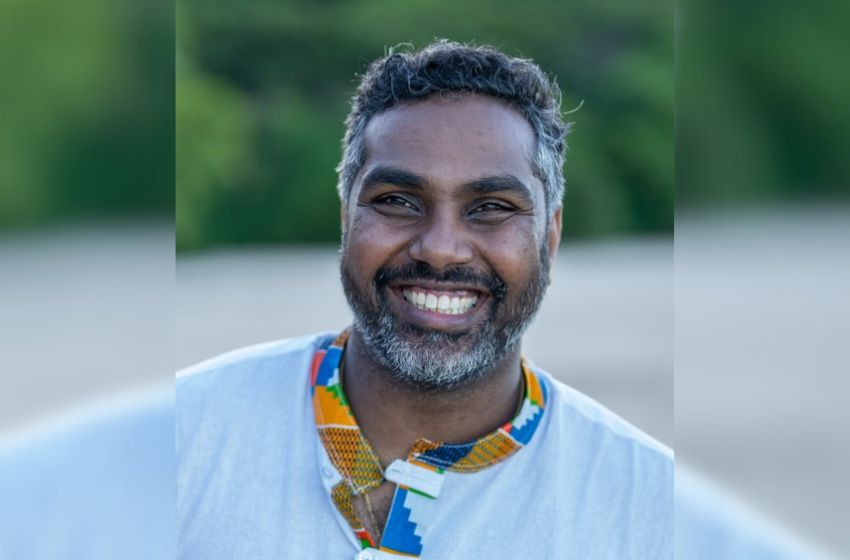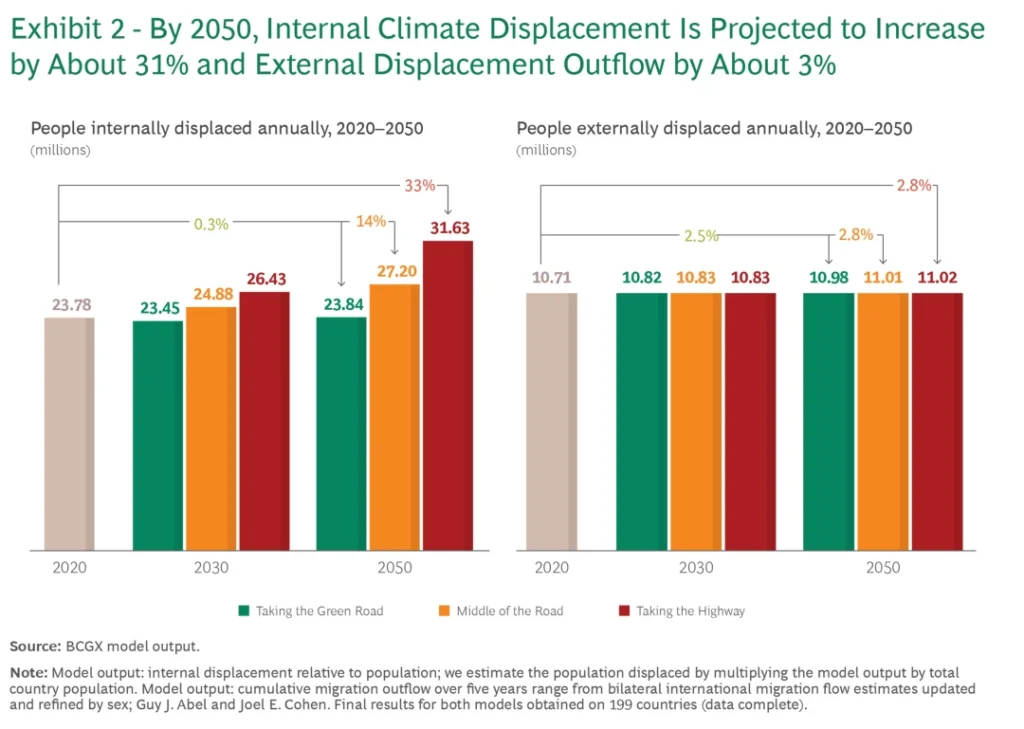
|
Listen to this article.
Getting your Trinity Audio player ready...
|
Water crises to re-shape African governments and societies by 2050
- The number of people displaced internally due to climate hazards could increase by more than 30% by 2050
- Our current approach to water management is insufficient and will likely exacerbate the effects of climate mobility
- Water resilience and social resilience should be integrated strategic priorities across sectors to mitigate the impacts of climate mobility
- Communities will “follow the water” which will drive scarcity and impact resource planning
Governments who fail to develop robust strategic responses to climate change and the water infrastructure crisis will increasingly find themselves at odds with their populations over the next two decades.
This disruption to the social contract between governments and citizens will go far beyond the service delivery and supply interruptions currently making news headlines. Rather this will fundamentally change where people choose to live, where they establish businesses and their willingness to invest in key economic sectors.
This is the view of Dean Muruven, Associate Director of Boston Consulting Group (BCG) who recently engaged media on a climate change roundtable.
“While there are some learnings from the loadshedding and energy crisis in South Africa – particularly when it comes to funding and Public-Private Partnerships – the water issue is far more complex,” explains Muruven adding: “Access to water is a basic human right enshrined in the South African constitution, this is not something which can be solved by simply increasing private sector participation.”
According to BCG research outlined in the To understand climate mobility, follow the water report, the number of people displaced internally due to climate hazards could increase by more than 30% by 2050 and the current approach to water management is insufficient and will likely exacerbate the effects of climate mobility.

This is a particularly important challenge for Africa. The World Resources Institute released research looking at “National Water Stress Rankings” with 12 of the top 50 most water stressed countries on the continent.
In water scarce countries such as South Africa, this means that people will “follow the water” and this in turn will place additional constraints on water infrastructure while impacting town planning and resource management.
This is captured in the graph below:

Muruven concludes: “While we are framing this discussion around 2050, stakeholders from government to the private sector need to understand that this is an issue which is having a direct impact here-and-now and the challenges will only get greater, the longer we delay in developing robust, strategic long-term plans.”

Muruven concludes: “While we are framing this discussion around 2050, stakeholders from government to the private sector need to understand that this is an issue which is having a direct impact here-and-now and the challenges will only get greater, the longer we delay in developing robust, strategic long-term plans.”

About Boston Consulting Group
Founded in 1963, and with offices in over 50 countries, BCG’s diverse, global team comprising of 30 000 plus people bring deep industry and functional expertise and a range of perspectives that provide clients with management consulting solutions. Through its transformational approach aimed at benefiting all stakeholders, BCG empowers organisations to grow, build sustainable competitive advantage and drive positive societal impact. For more, go to www.bcg.com.
BCG is well established in Africa, with offices in: Cairo, Casablanca, Johannesburg, Lagos, and Nairobi, bringing together a team of nearly 600 collaborators. For more about BCG in Africa, go to www.bcg.com/Africa.
Share via:




















